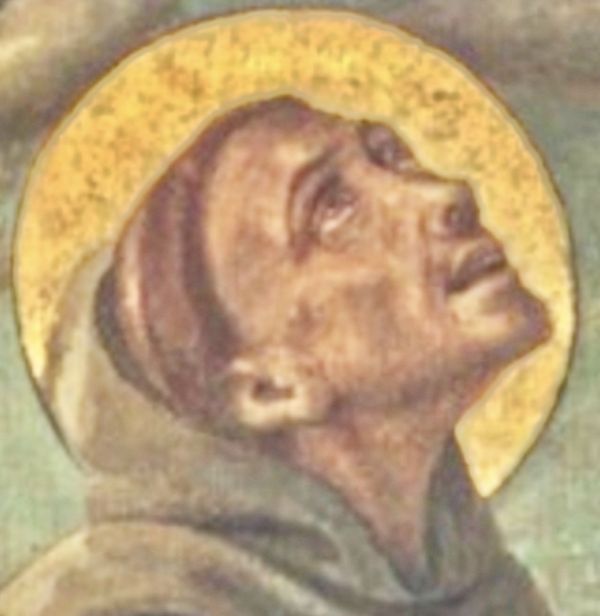Today's passage from Matthew calls us to vigilantly await the Lord's return, behaving as committed and available servants. Those who let themselves go will find bitter surprises in the end.
Since we do not know when he will come, it is necessary to watch.
The Poor Man of Assisi made diligent waiting and vigilance the leitmotif of his journey of faith.
Not only did he keep vigil in prayer, always waiting for the coming of his Lord, but he also strove to embody the Word by serving and loving his brothers and every creature.
In this sense, the Sources inform us and bear credible witness to his simple evangelical life.
We read:
"He always raised his hands to heaven in favour of the true Israelites, and sometimes, forgetting himself, he provided first for the salvation of his brothers.
He prostrated himself at the feet of the divine Majesty, offered a spiritual sacrifice for his children, and implored God to benefit them.
He watched over the little flock that had followed him with anxious love, lest they should lose heaven after leaving this world.
He was convinced that one day he would be left without glory if he did not make those entrusted to him worthy and participants in that glory, whom his spirit brought to birth with greater pain than that felt by a mother's womb" (FF 760).
He watched over the spiritual children God had given him with the love of a father and mother, with great solicitude and foresight.
He watched with ardour so that he could live every day what Jesus had revealed to him on his journey.
He watched paternally over the Poor Ladies of St. Damian, over those little plants born of the same call: the vocation to incarnate the Holy Gospel, proclaiming it to every creature under heaven.
«You too, keep yourselves ready, for in the hour you do not expect, the Son of Man will come» (Mt 24:44)
Thursday of the 21st wk. in Ordinary Time (Mt 24:42-51)












